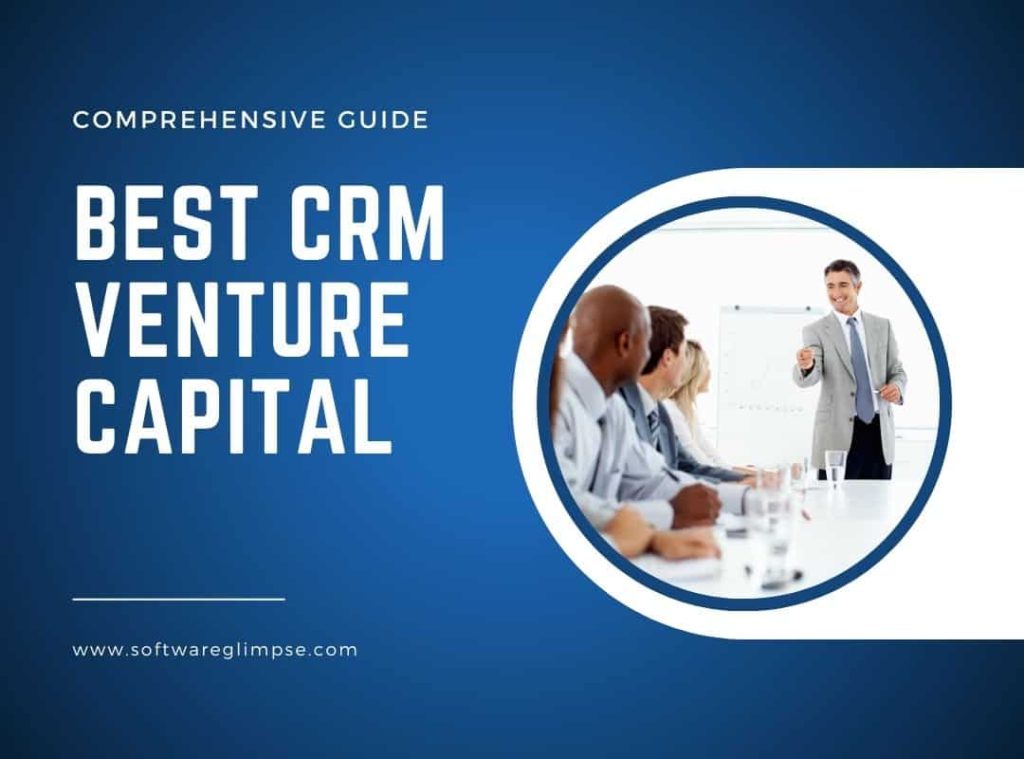In the realm of consulting businesses, the choice of CRM software can make or break operations. With the best CRM for consulting business, firms can streamline processes, enhance client relationships, and boost productivity. Let’s delve into the key considerations and options available in the market.
The Importance of CRM in Consulting Business
Customer Relationship Management (CRM) systems play a crucial role in the success of consulting businesses by helping them manage client relationships effectively, improve communication, and increase overall productivity.
Explain how CRM systems benefit consulting businesses:
- Centralized database for client information
- Improved client communication and engagement
- Enhanced task management and project tracking
- Increased sales and revenue through lead management
Identify key features that make CRM essential for consulting firms:
- Customizable dashboards for tracking key metrics
- Integration with email and calendar systems
- Automated workflow processes for efficiency
- Mobile access for real-time updates on the go
Compare the impact of using CRM versus not using CRM in a consulting business:
Consulting firms that utilize CRM systems experience better client retention, improved sales performance, and streamlined operations compared to those that rely on manual methods. CRM helps consulting businesses stay organized, deliver exceptional service, and ultimately grow their client base.
Criteria for Choosing the Best CRM
When selecting a CRM system for a consulting business, it is essential to consider specific criteria that align with the unique needs of the firm.
List and elaborate on essential features a CRM should have for a consulting business:
- Customizable fields to capture industry-specific data
- Advanced reporting and analytics capabilities
- Integration with third-party applications for seamless workflow
- Scalability to accommodate business growth
Discuss the importance of customization options in a CRM for consulting firms:
Customization allows consulting businesses to tailor the CRM system to their specific processes and workflows, ensuring maximum efficiency and productivity. Custom fields, layouts, and automation rules can be configured to align with the firm’s unique requirements.
Compare pricing models of different CRMs suitable for consulting businesses:
CRM pricing can vary based on the features included, the number of users, and the level of customization needed. Consulting firms should evaluate pricing plans to ensure they are getting the best value for their investment.
Top CRM Options for Consulting Businesses
Several CRM software options are popular among consulting firms due to their robust features and industry-specific functionalities.
Provide an overview of popular CRM software used in consulting firms:

- Salesforce: Known for its extensive customization and integration capabilities
- HubSpot CRM: Offers a user-friendly interface and robust marketing automation tools
- Zoho CRM: Provides a comprehensive suite of applications for sales and customer support
Compare and contrast the strengths and weaknesses of leading CRMs for consulting businesses:
| CRM | Strengths | Weaknesses |
|---|---|---|
| Salesforce | Extensive customization options | Complex pricing structure |
| HubSpot CRM | User-friendly interface | Limited advanced features |
| Zoho CRM | Comprehensive suite of applications | Less intuitive for beginners |
Highlight unique features of each CRM that cater specifically to consulting needs:

- Salesforce: Advanced analytics for consulting performance tracking
- HubSpot CRM: Integration with marketing automation tools for lead generation
- Zoho CRM: Project management functionalities for consulting projects
Implementing CRM in Consulting Business: Best Crm For Consulting Business

Integrating a CRM system into a consulting business requires careful planning and execution to ensure a smooth transition and maximum adoption by employees.
Detail the steps involved in integrating a CRM system into a consulting business:
- Assessing current business processes and identifying CRM requirements
- Selecting and customizing the CRM system to align with consulting workflows
- Training employees on using the CRM effectively and efficiently
- Monitoring performance and gathering feedback for continuous improvement
Share best practices for training employees on using CRM effectively:, Best crm for consulting business
- Provide hands-on training sessions with real-life scenarios
- Offer ongoing support and resources for continuous learning
- Encourage feedback and suggestions for system enhancements
Discuss challenges that consulting businesses may face during CRM implementation and how to overcome them:
- Resistance to change from employees accustomed to manual processes
- Data migration and integration issues with existing systems
- Lack of proper training and support for CRM users
Closing Summary
As we conclude our exploration of the best CRM for consulting business, it becomes evident that the right choice can revolutionize how firms operate and interact with clients. By selecting a CRM solution tailored to their specific needs, consulting businesses can pave the way for sustained growth and success.
Top FAQs
What makes CRM crucial for consulting businesses?
CRM systems help consulting firms manage client relationships effectively, streamline processes, and improve overall productivity.
How important is customization in a CRM for consulting firms?
Customization options in a CRM allow consulting businesses to adapt the software to their unique needs and workflows, enhancing efficiency and client interactions.
What are the common challenges during CRM implementation for consulting businesses?
Consulting businesses may face challenges such as resistance to change, data migration issues, and training employees effectively. Overcoming these obstacles requires proper planning and communication.

